Keynote speakers

Tamar Haspel - Moderator
The Washington Post
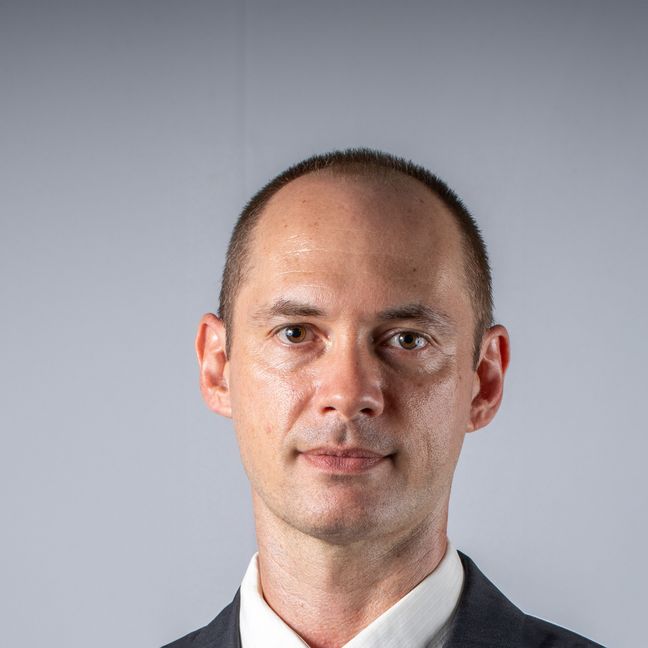
Pedro Brancalion
Universidade de São Paulo
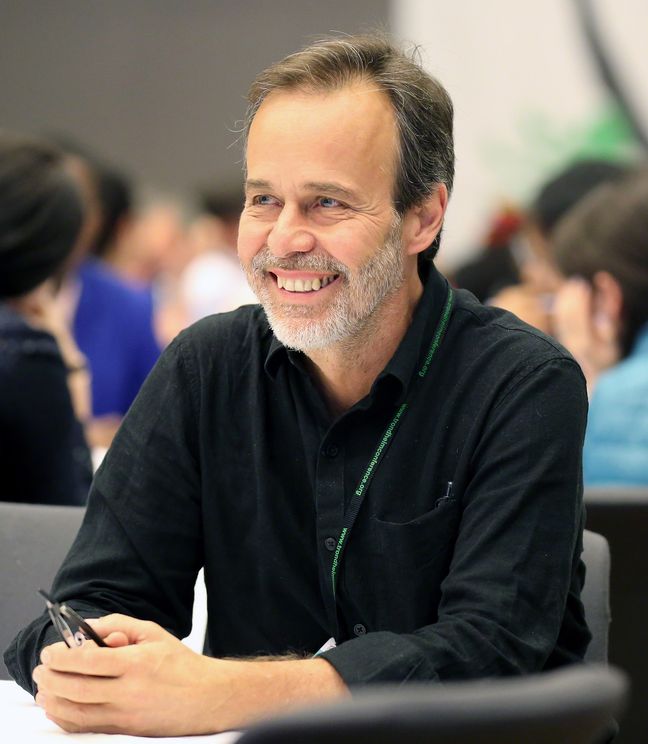
Eduardo Brondizio
Indiana University - Bloomington
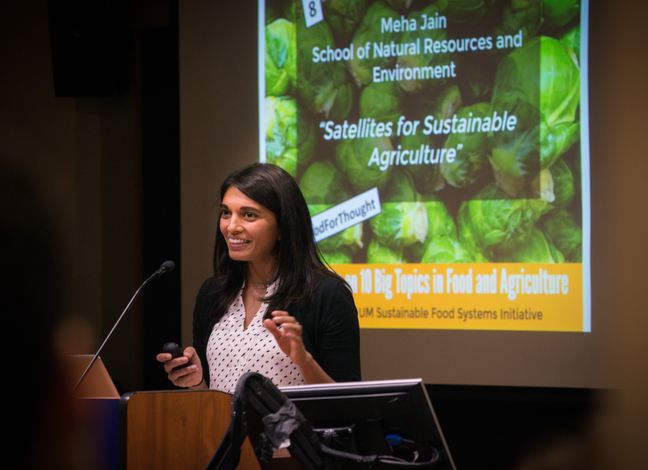
Meha Jain
University of Michigan

Ruth Defries - Moderator
Columbia University
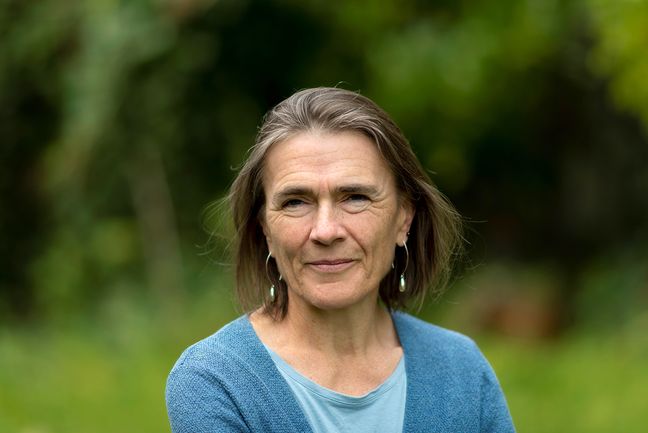
Sophia Murphy
Institute for Agriculture and Trade Policy
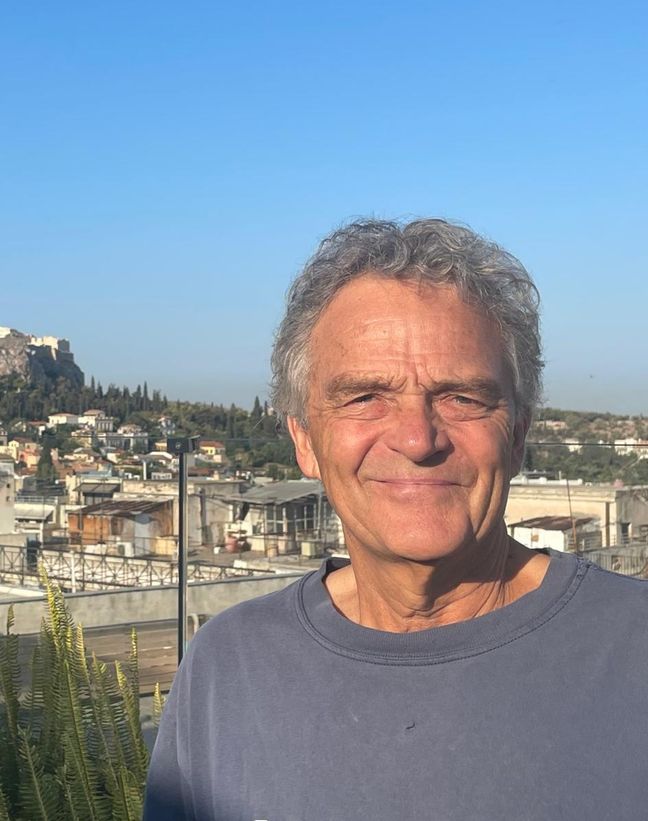
Chris Justice
University of Maryland
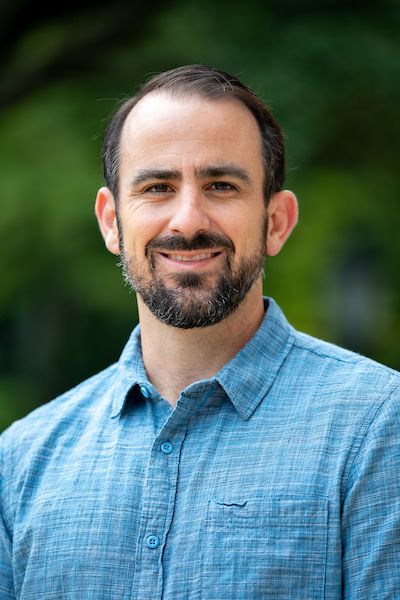
Nicholas Magliocca - Moderator
University of Alabama

Joe Mascaro
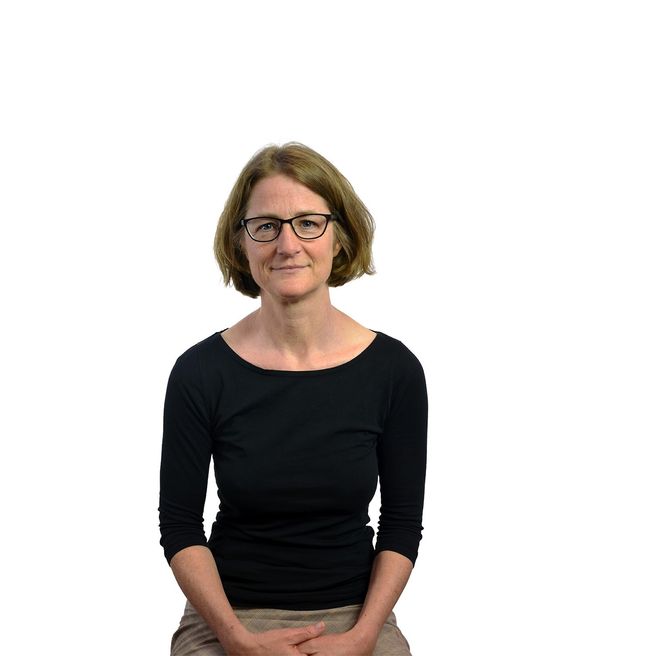
Maja Schlüter
Stockholm Resilience Centre
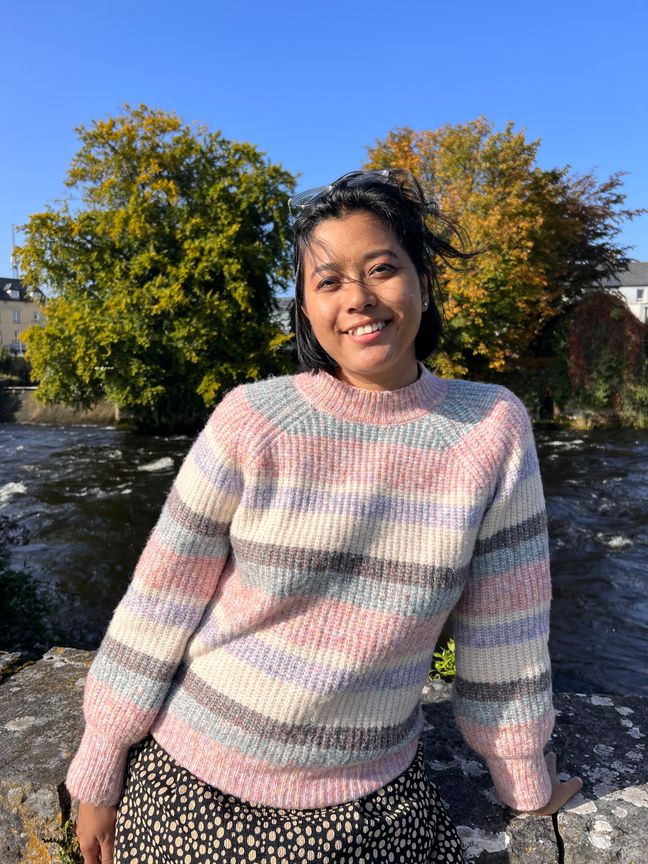
Preety Sharma
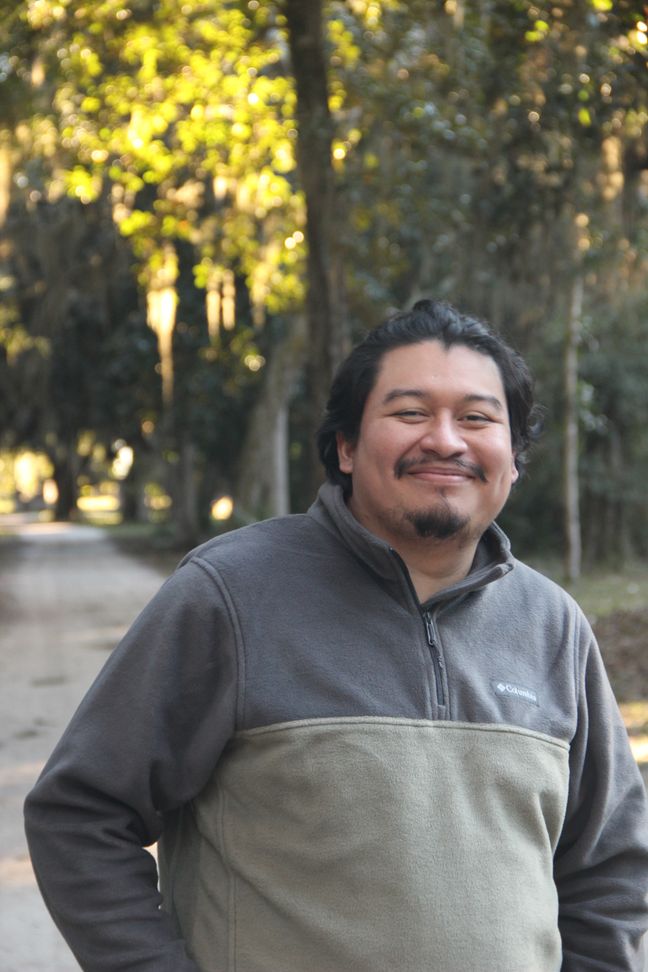
Rosendo Pérez Antonio

Sandy Nofyanza
Center for International Forestry Research-World Agroforestry

Jonas Ø. Nielsen
Humboldt University of Berlin
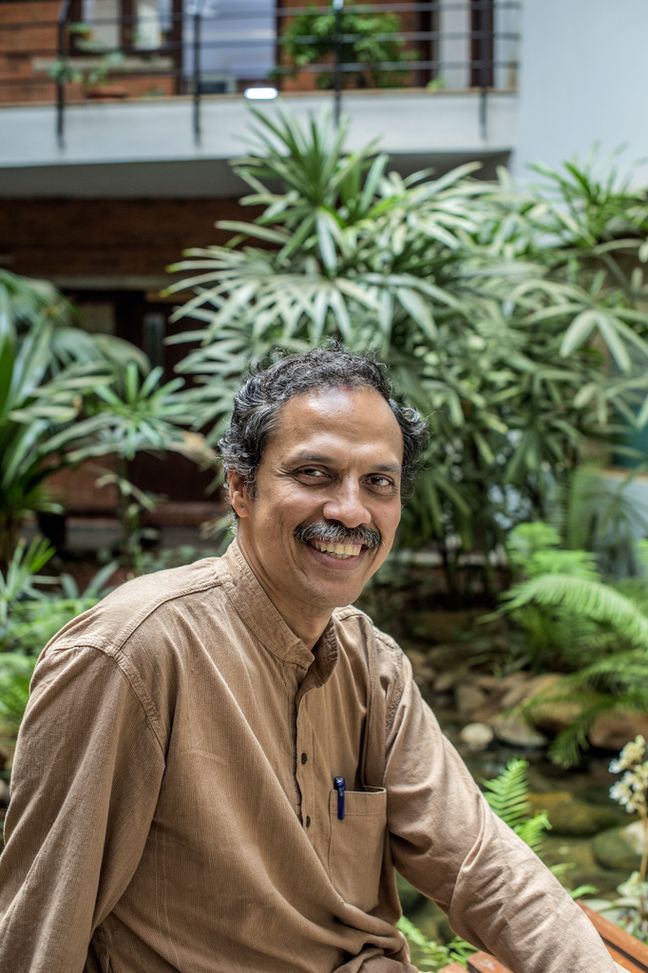
Sharachchandra (Sharad) Lele

Pham Thu Thuy
Flinders University

Unai Pascual - Moderator
Basque Centre for Climate Change (BC3)

Esteve Corbera Elizalde
Institut de Ciència i Tecnologia Ambientals, Universitat Autònoma de Barcelona
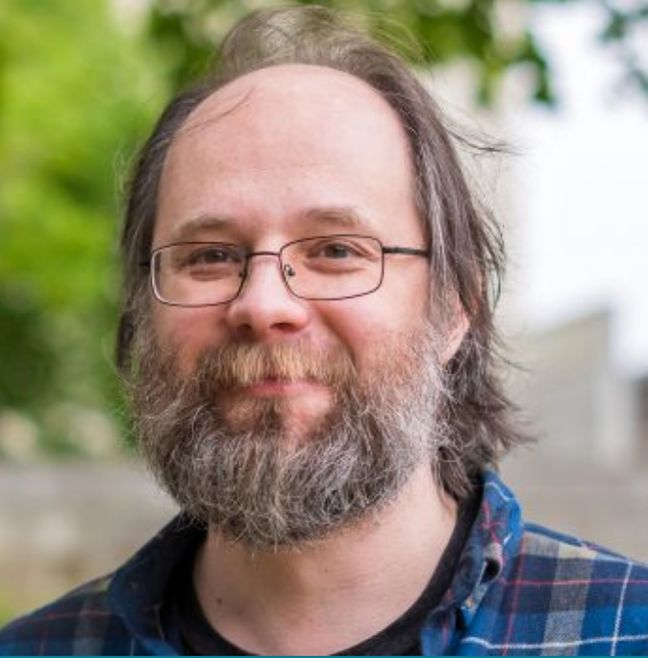
Patrick Meyfroidt